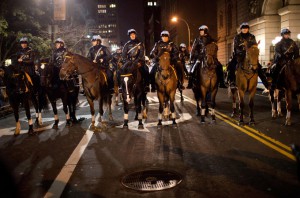
This is a short item about a solid state electric generator that could power electronics…
Imagine being able to provide power on the circuit board to each component that needs power, continuously, from the surroundings, so that no battery is required; and no charging of the device is needed. Imagine no heating issues from the power, no overcharge; and all this being cheaper than the present method of using batteries and power supplies.
Latest news from Sterling about it:
I received the following input about the EEFG: “They have the next generation now and it knocks the socks off the first ones with much greater power generation. This will be the power source for the next 100+ years. I'm really excited.”
Directory:Endless Electric Field Generator (EEFG)
(Company name cannot yet be disclosed.)
Compiled by Sterling D. Allan
Pure Energy Systems News
July 26, 2011
Imagine being able to provide power on the circuit board to each component that needs power, continuously, from the surroundings, so that no battery is required; and no charging of the device is needed. Imagine no heating issues from the power, no overcharge; and all this being cheaper than the present method of using batteries and power supplies. And imagine being able to do that without giving a physicist a coronary for breaking any of his beloved laws, though there are some puzzling aspects that might intrigue him or her for years to come. Such a device appears to be under development in the U.S. with possible commercial deployment within a year. It uses no polluting components, it uses no fuel, and has been third party tested by several credible groups. Long-time free energy skeptic, Mark Dansie from Australia, is so impressed with this technology that he dropped everything and has spent the past two weeks to investigate this technology that has the potential to have tremendous impact in the energy market.





